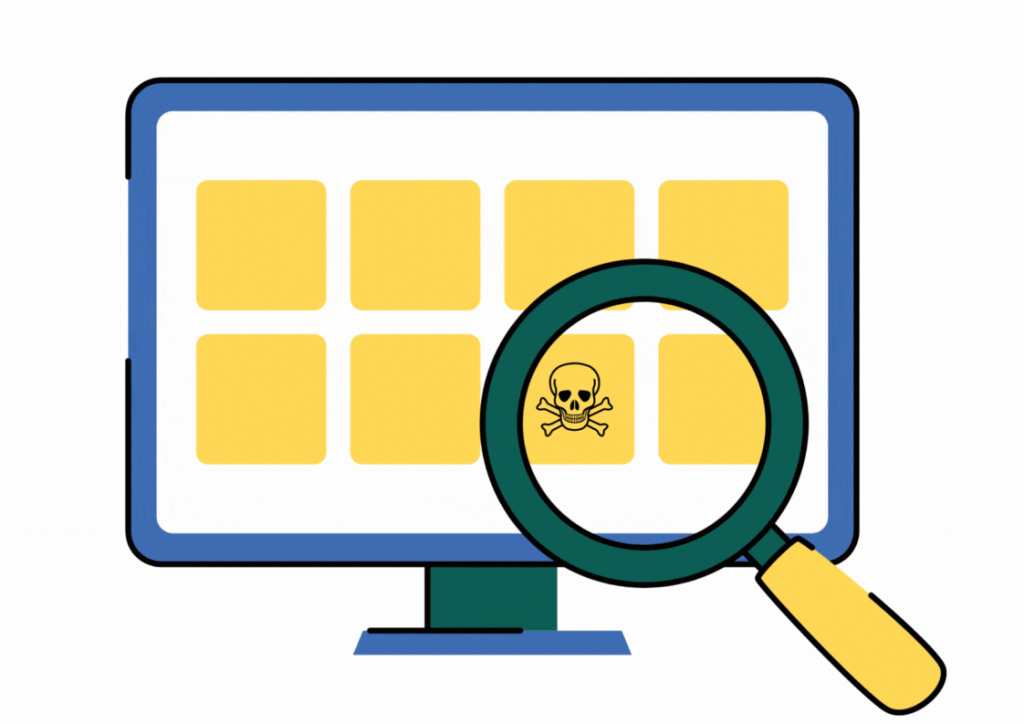
As the saying goes, “your website is your castle.” It’s your digital stronghold, where customers come to engage with your brand and make purchases. But like any castle, it needs protection to keep unwanted visitors out. Cybercriminals are constantly on the prowl, looking for vulnerabilities to exploit. That’s why website security should be a top priority for any online business and you should protect your website from cyberattacks.
Think of your website as a modern-day fortress. Just like a castle, it needs strong defences to keep the enemy at bay. The first line of defence is controlling access to the fortress. Make sure to restrict entry points and keep them well-guarded. The second line of defence is making it difficult for intruders to breach your defences. This means taking steps like fortifying your website with strong passwords, firewalls, and SSL certificates.
In the old days, castles were built on high ground to provide a clear view of approaching enemies. Today, your website needs to be monitored just as closely. Regularly scan your site for vulnerabilities and keep software up-to-date. And just like a castle surrounded by a moat, your website needs layers of protection. Consider implementing multi-factor authentication and investing in web application firewalls to keep malicious actors out.

While no security measure can guarantee complete protection, taking proactive steps to secure your website can go a long way in preventing attacks and protecting your brand reputation. As a website owner, it’s your responsibility to take website security seriously. Don’t wait until it’s too late – start fortifying your online fortress today.
Shared hosting servers can present unique security challenges, as you are sharing server resources with other websites. This means that if one website on the server is compromised, it could potentially affect the security of all other websites on the server. The best strategy here will be to:
- remain vigilant
- and taking proactive steps to protect your website,
Few essential steps to protect your website from cyberattacks on a shared hosting
- Choose a Reliable Web Hosting Provider – Before anything else, you need to select a reputable web hosting provider. A trustworthy provider will offer top-notch security features, such as regular backups, firewall protection, and SSL certificates.
- Install Security Plugins – Security plugins are easy-to-use software tools that can help protect your website from potential threats. They can help detect and prevent malware infections, brute-force attacks, and other vulnerabilities.
- WordPress: Wordfence Security – Wordfence is a popular WordPress security plugin that offers a range of features, including malware scanning, firewall protection, and brute-force attack prevention. It also has real-time threat detection and offers detailed reporting to help you stay on top of your website’s security.
- Drupal: Security Kit – Security Kit is a Drupal security plugin that offers a range of features to protect your website from potential threats. It includes a firewall, malware scanner, and intrusion detection system to help keep your website secure. It also offers regular security updates to ensure that your website is protected against the latest threats.
- Keep Your Website Updated – Updating your website is essential for keeping it secure. Outdated software, plugins, and themes can make your website vulnerable to security breaches. Always keep your website up to date to prevent potential attacks.
- Use Strong Passwords – Using strong passwords is an easy yet effective way to enhance your website’s security. Avoid using simple passwords or reusing passwords across multiple accounts. Instead, use a strong combination of letters, numbers, and symbols.
- Enable Two-Factor Authentication – Two-factor authentication is an added layer of security that requires users to provide an additional verification method beyond their password. This can help prevent unauthorized access to your website.
To sum up, in today’s digital age, website security is no longer a luxury but a necessity. Your website is the face of your brand, and any breach in security can lead to irreparable damage to your reputation. By implementing the steps outlined above, you can rest easy knowing that your online presence is protected from potential threats.
Conclusion
Remember, website security is not a one-time fix but a continuous process that requires your attention and effort. Stay updated with the latest security measures and watch for any suspicious activity. Taking proactive steps now can save you from the headache of dealing with the aftermath of a security breach in the future. So, don’t wait until it’s too late. Take action now to protect your website from cyberattacks and safeguard your digital existence. With a secure website, you can focus on what truly matters – building a strong online presence and growing your business.

